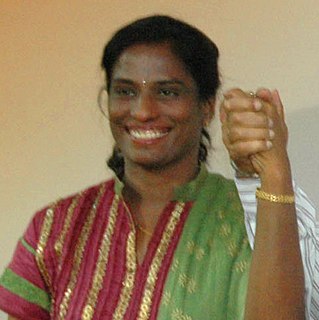A Quote by Sun Tzu
Be the first to seize intersecting ground, that is ground which lies the intersections of borders or intersections of main thoroughfares of commerce and travel. Your occupation of it gives you access to all who border it and all who would covet it. On intersecting ground, if you establish alliances you are safe, if you lose alliances you are in peril.
Related Quotes
On dispersive ground, therefore, fight not. On facile ground, halt not. On contentious ground, attack not. On open ground, do not try to block the enemy's way. On the ground of intersecting highways, join hands with your allies. On serious ground, gather in plunder. In difficult ground, keep steadily on the march. On hemmed-in ground, resort to stratagem. On desperate ground, fight.
This whole concept of boots on the ground, we've got a phobia about boots on the ground. If our military experts say, we need boots on the ground, we should put boots on the ground and recognize that there will be boots on the ground and they'll be over here, and they'll be their boots if we don't get out of there now.





































